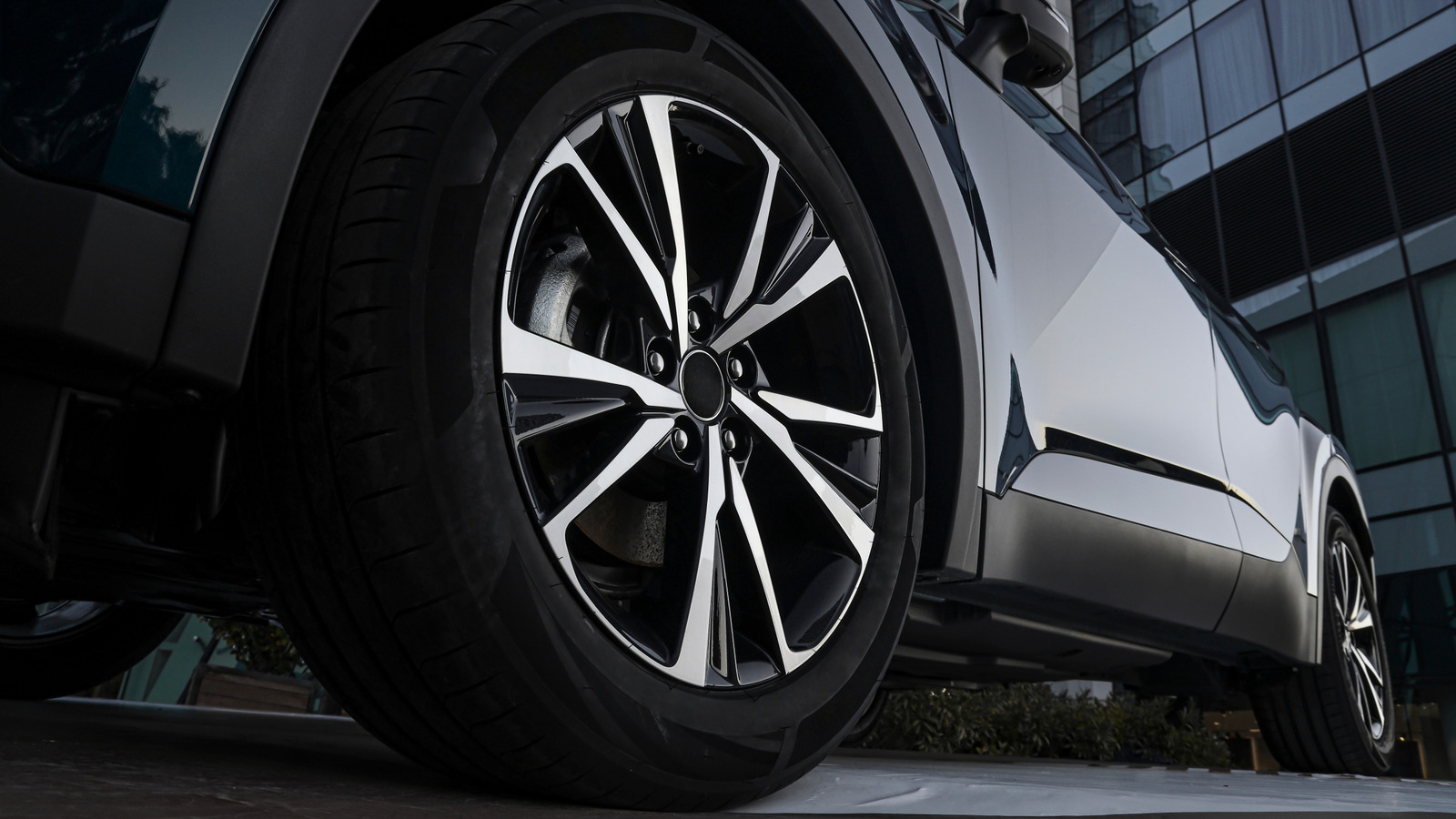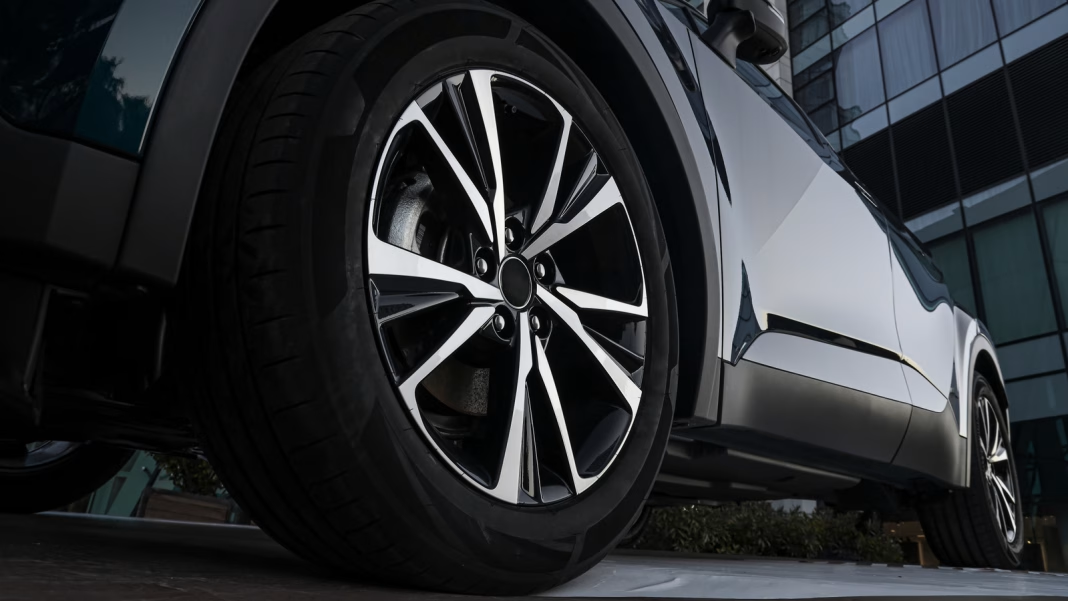Ever been cruising down the road when a strange noise suddenly catches your attention? You know the one—it’s that nagging sound that makes you wonder if your car is trying to communicate or if something’s gone awry. Let’s dive into the common culprits behind those mysterious noises and how you can pinpoint the source before it turns into a bigger issue.
What’s That Sound? Identifying Tire Noise vs. Wheel Bearing Noise
First up, let’s tackle tire noise. If you hear a humming or droning sound that changes with your speed, it’s likely coming from your tires. Worn-out tires, improper inflation, or even the tread pattern can create a symphony of sounds. For instance, if your tires are unevenly worn, you might notice a thumping noise, especially when you hit bumps.
On the flip side, wheel bearing noise often presents itself as a grinding or growling sound that intensifies when you turn. If you lean into a turn and the noise gets louder, it’s a strong indicator that your wheel bearings might be on their last legs. They’re crucial for smooth wheel rotation, and when they start to fail, you’ll want to address it quickly to avoid further damage.
How Do I Differentiate Between the Two?
Now, you might be wondering how to distinguish between these two types of noises. A simple test is to change your speed and direction. If the sound changes with your speed but not with steering, it’s likely tire noise. However, if the noise increases when you turn, it’s a sign that your wheel bearings are the likely suspects.
Another trick? Listen closely when you’re driving straight versus turning. Tire noise tends to be more consistent, while wheel bearing noise can fluctuate based on the load and angle of the turn.
What Should I Do If I Hear These Noises?
If you suspect tire noise, start by checking your tire pressure and tread depth. Uneven wear can often be remedied with a rotation or alignment. Regular maintenance is key here—keeping your tires in good shape not only enhances performance but also extends their lifespan.
For wheel bearing issues, it’s best to consult a professional. Driving with failing wheel bearings can lead to more severe problems, including wheel detachment in extreme cases. If you hear that grinding sound, don’t wait—get it checked out.
Real-World Example: A Cautionary Tale
Let’s consider a real-world scenario. A friend of mine ignored a persistent humming noise, thinking it was just the tires. After a few weeks, the sound morphed into a grinding that made her car feel unstable. Turns out, it was a failing wheel bearing. The repair cost skyrocketed because she delayed addressing the issue. Had she acted sooner, the fix would have been much simpler and less expensive.
Why Regular Maintenance Matters
Regular maintenance can prevent these noises from becoming a headache. A quick check-up can save you from costly repairs down the line. Make it a habit to inspect your tires and listen for any unusual sounds. If you’re unsure, don’t hesitate to reach out to a trusted mechanic.
The big takeaway? That noise isn’t just background music—it’s your car’s way of telling you something needs attention. Start by checking your tires this week, and you’ll likely notice a smoother ride by the end of the month.


